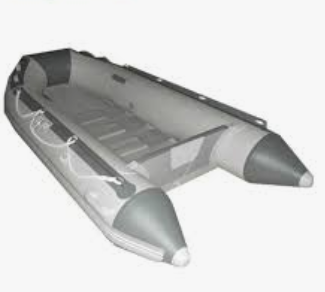The respondent, 29 years old and from Syria, was apprehended by Greek officers sometime between 7:00 am and 8:00 am on 26th April 2020, in Diavata camp. The respondent had woken up and wanted to go to the toilet when an unknown number of officers wearing black uniforms stopped him and asked to see his papers. The respondent did not have documentation so the officers arrested him, placing him on a blue bus that ‘was like a prison’ with around 20 other undocumented people (the bus described is likely one used by the Greek riot police). The officers drove the transit group for approximately 15 minutes to a place the respondent describes as looking like a camp, with very high walls. The respondent was unable to collect his belongings before being apprehended, so he left them in Diavata camp. This included his bag and €1,400 that he intended to use for the continuation of his journey.
At this ‘camp’, there were approximately 15 officers present. Some of these officers kicked the respondent in his stomach. They confiscated the respondent’s shoelaces, belt, and phone, failing to return them. The officers did not take the respondent’s fingerprint or photograph, nor did they provide the respondent with food or access to the toilet. The respondent believed he was held at this location for between 1-2 hours. The respondent was then placed on a large, blue bus with around 36-50 other individuals, between the ages of 23 and 30, and driven to the Greek border with Turkey, marked by the Evros river. The respondent indicated that of these individuals there was only one person from Palestine and the rest were from Morocco. There were two women in this group, but one had issues breathing and was released at the camp.
Upon arrival at the border, the respondent was met by around 20 officers wearing dark blue clothing (likely the Greek police), who proceeded to beat the transit group with batons, and to shout at them, before forcing the group to cross the river via boat. The respondent was beaten on his legs and knees, stating his injuries prevented him from walking properly afterward. The respondent described the boat as being plastic, with a motor, in which two officers without weapons drove, whilst the other officers present used binoculars.

The respondent described that they were pushed-back in the area of İpsala (TU) and, once on Turkish land, decided to walk to Istanbul (TU) because he had no money. During this journey, the respondent evaded Turkish authorities to reduce his chances of being taken to a camp for quarantine, following the outbreak of COVID-19. The respondent also mentioned previously being pushed back on another occasion, from Komuniti (GRK) to Turkey.
